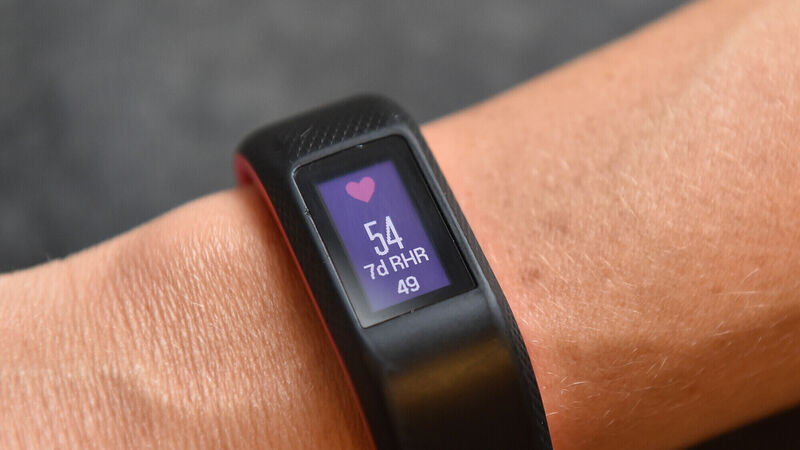Joanna Fortune: Will a fitness tracker make my child anxious if they don't reach their step target?

Dr Joanna Fortune: We should also be modelling and creating opportunities for our children to move with joy, move spontaneously and move in play as opposed to moving when a device they wear tells them to do so. We want our children to tune into their bodies and experience pleasure in physical activity rather than feel it is something they have to do to reach their statistical quota as directed by a fitness tracker
It is important we strike a balance between encouraging activity in young children and pushing statistical analysis via devices on them.










